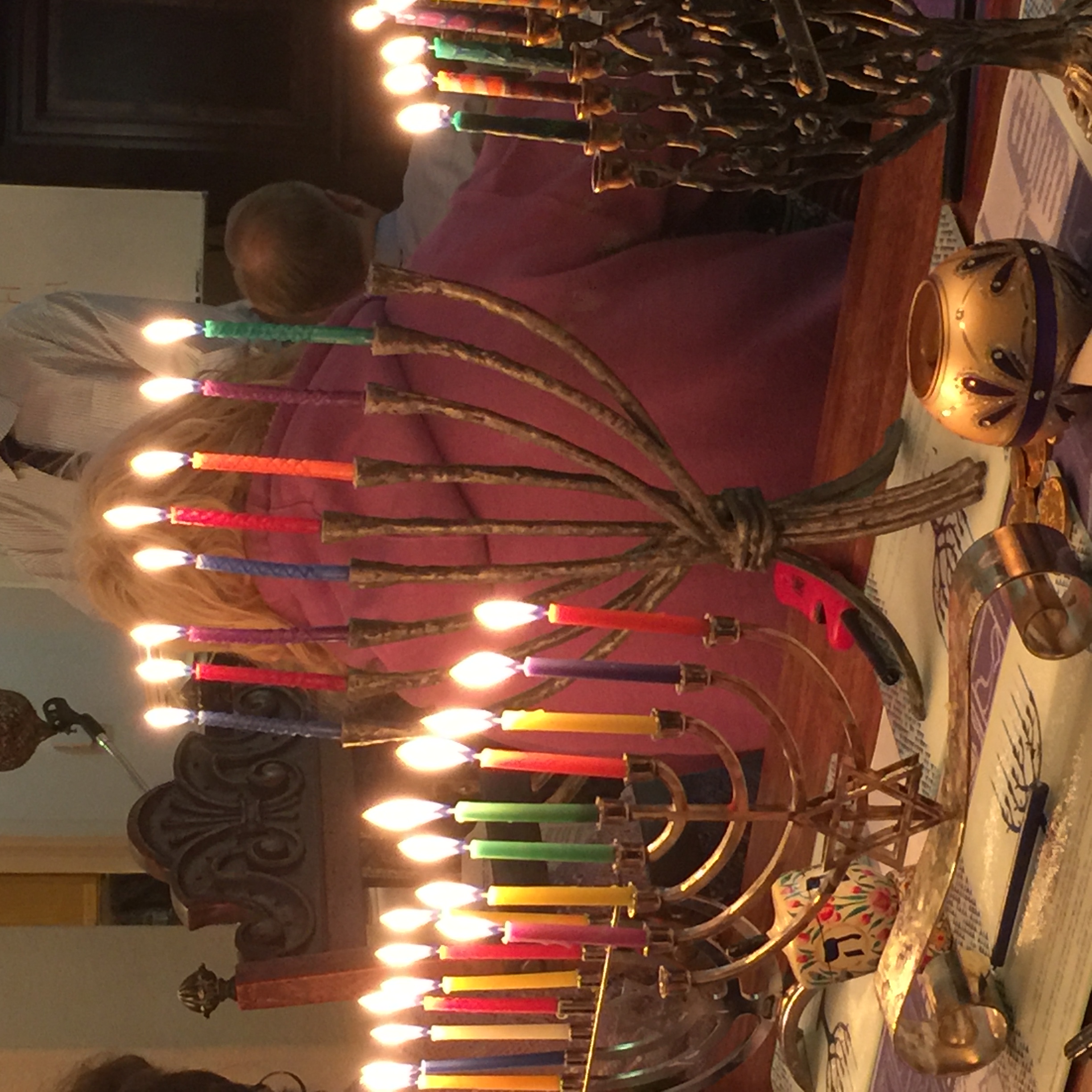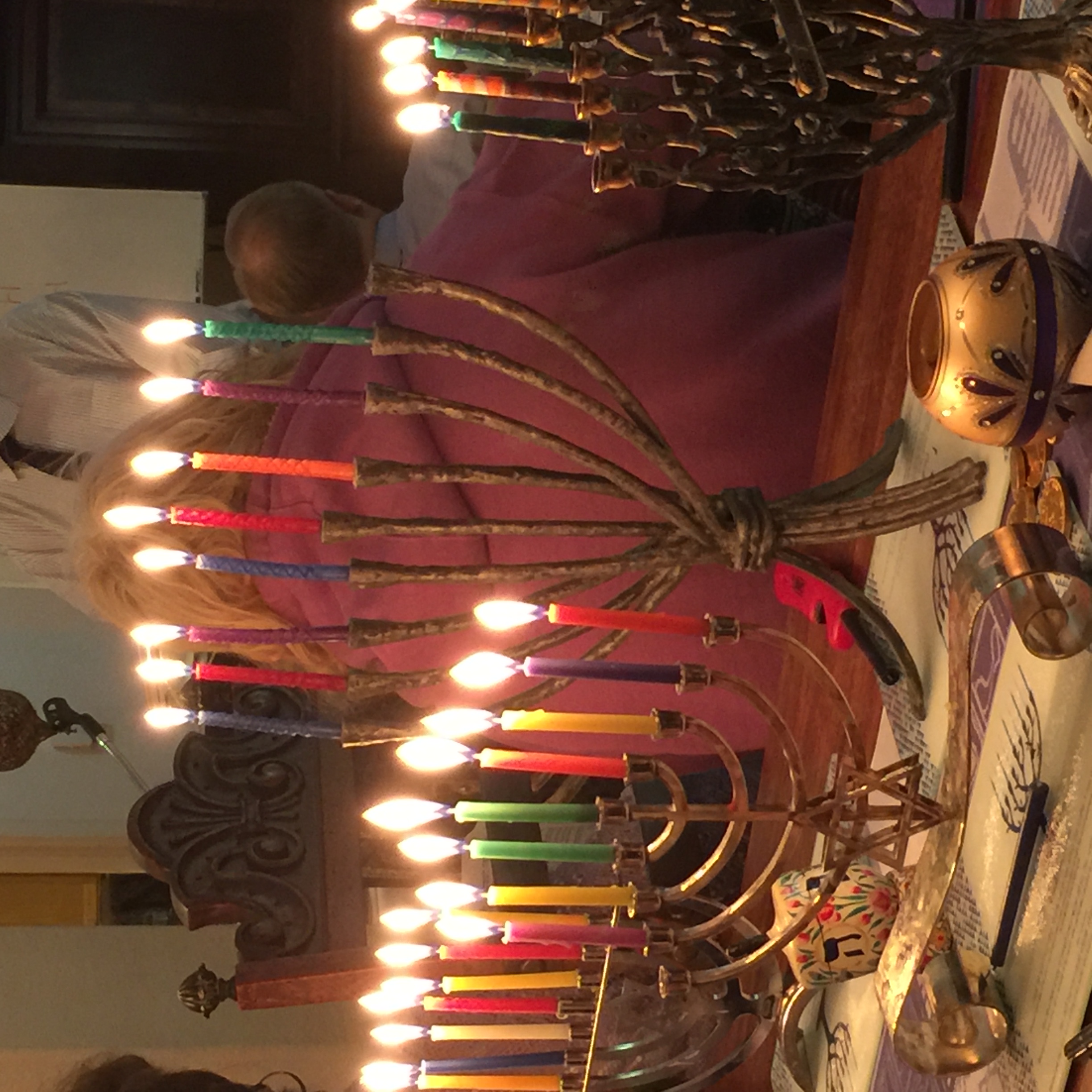Hurt? Offended? Angry?
Unless someone lives on an island and has no contact with others, we have all been offended, hurt, or have been upset by the way another has treated us. Why do we have these emotional struggles? Because our loving Lord created us to be inter-dependent on others. How do we handle these hurts?
The gospel of Mark instructs: “And when you stand praying, if you hold anything (a grudge, NLT) against anyone, forgive them, so that your Father in heaven may forgive you your sins,” Mark 11:25 NIV
But how can we forgive this when someone is wrong and has deeply hurt us?
Let’s look at the lives of a few people who have suffered horrible atrocities and how they handled offenses:
 1. Corrie Ten Boom: “It was in a church in Munich that I saw him—a balding, heavyset man in a gray overcoat, a brown felt hat clutched between his hands…. It was 1947 and I had come from Holland to defeated Germany with the message that God forgives… ‘When we confess our sins,’ I said, ‘God casts them into the deepest ocean, gone forever. …’ “The solemn faces stared back at me, not quite daring to believe…. And that’s when I saw him, working his way forward against the others. One moment I saw the overcoat and the brown hat; the next, a blue uniform and a visored cap with its skull and crossbones. It came back with a rush: the huge room with its harsh overhead lights; the pathetic pile of dresses and shoes in the center of the floor; the shame of walking naked past this man.
1. Corrie Ten Boom: “It was in a church in Munich that I saw him—a balding, heavyset man in a gray overcoat, a brown felt hat clutched between his hands…. It was 1947 and I had come from Holland to defeated Germany with the message that God forgives… ‘When we confess our sins,’ I said, ‘God casts them into the deepest ocean, gone forever. …’ “The solemn faces stared back at me, not quite daring to believe…. And that’s when I saw him, working his way forward against the others. One moment I saw the overcoat and the brown hat; the next, a blue uniform and a visored cap with its skull and crossbones. It came back with a rush: the huge room with its harsh overhead lights; the pathetic pile of dresses and shoes in the center of the floor; the shame of walking naked past this man.
I could see my sister’s frail form ahead of me, ribs sharp beneath the parchment skin. Betsie, how thin you were! Betsie and I had been arrested for concealing Jews in our home during the Nazi occupation of Holland; this man had been a guard at Ravensbruck concentration camp where we were sent.] Now he was in front of me, hand thrust out: ‘A fine message, Fräulein! How good it is to know that, as you say, all our sins are at the bottom of the sea!’ And I, who had spoken so glibly of forgiveness, fumbled in my pocketbook rather than take that hand. He would not remember me, of course—how could he remember one prisoner among those thousands of women? But I remembered him and the leather crop swinging from his belt. I was face-to-face with one of my captors and my blood seemed to freeze. ‘You mentioned Ravensbruck in your talk,’ he was saying, ‘I was a guard there.’ No, he did not remember me.
‘But since that time,’ he went on, ‘I have become a Christian. I know that God has forgiven me for the cruel things I did there, but I would like to hear it from your lips as well. Fräulein,’ again the hand came out—’will you forgive me?’ And I stood there—I whose sins had again and again to be forgiven—and could not forgive. Betsie had died in that place—could he erase her slow terrible death simply for the asking? It could not have been many seconds that he stood there—hand held out—but to me it seemed hours as I wrestled with the most difficult thing I had ever had to do. For I had to do it—I knew that.
The message that God forgives has a prior condition: that we forgive those who have injured us. ‘If you do not forgive men their trespasses,’ Jesus says, ‘neither will your Father in heaven forgive your trespasses.’ I knew it not only as a commandment of God, but as a daily experience. Since the end of the war I had had a home in Holland for victims of Nazi brutality.
Those who were able to forgive their former enemies were able also to return to the outside world and rebuild their lives, no matter what the physical scars. Those who nursed their bitterness remained invalids. It was as simple and as horrible as that. And still I stood there with the coldness clutching my heart. But forgiveness is not an emotion—I knew that too. Forgiveness is an act of the will, and the will can function regardless of the temperature of the heart…
‘Help!’ I prayed silently. ‘I can lift my hand. I can do that much. You supply the feeling.’ And so woodenly, mechanically, I thrust my hand into the one stretched out to me. And as I did, an incredible thing took place. The current started in my shoulder, raced down my arm, sprang into our joined hands. And then this healing warmth seemed to flood my whole being, bringing tears to my eyes. ‘I forgive you, brother!’ I cried. ‘With all my heart!’ For a long moment we grasped each other’s hands, the former guard and the former prisoner. I had never known God’s love so intensely, as I did then” (excerpted from “I’m Still Learning to Forgive” by Corrie ten Boom. Reprinted by permission from Guideposts Magazine. Copyright © 1972 by Guideposts Associates, Inc., Carmel, New York 10512).
2. A friend: as a 13-year old, her mother left her standing on the corner in the dark while she went into the bar and drank the night away. My friend forgave her alcoholic mother, her mother came to the Lord and lived the last 20 years of her life with my friend. God healed the hurts, and they built many great memories.
3. Mike Evans: “At the age of 11, following the most brutal beating he had ever received at his father’s hands, he says he finally found the faith that has since sustained him emotionally and spiritually. Upon attempting to protect his mother during one of his father’s violent drunken rages, Evans says his father lifted him above his head and strangled him, nearly choking him to death. He recalls losing consciousness and waking up in a pool of his own dried vomit.” Evans forgave his father and eventually led him to the Lord.
4. Eva Moses Kur: a survivor of the cruel and inhuman medical experiments performed on twins by Auschwitz Nazi doctor Josef Mengele. Kur stated: “Just to be free from the Nazis did not remove the pain they have inflicted on me. There might be another way survivors can heal themselves, I have found one way: forgive your worst enemy. It will heal your soul. It will set you free.”
I pray none of us has had to endure neglect & attempted homicide by our parents or extreme cruelty by captors, but nonetheless, we each are offended often. Can we forgive? WILL we forgive?
Forgiveness is not an emotion it is an act of the will. If we do not forgive, we become emotional invalids. OurLord promises that our souls will be set free as we forgive.



